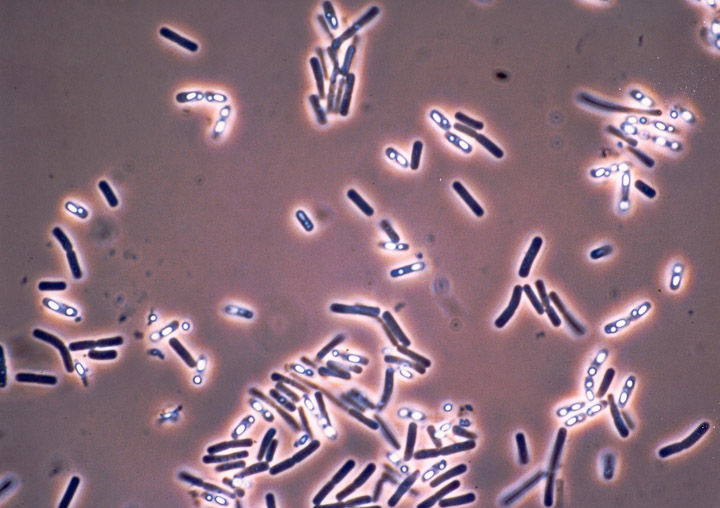
The Universitat de València is in fourth place globally when it comes to the number of scientific publications about the applications of the Bacillus thuringiensis bacterium and its insecticide proteins. The Universitat is also in the eight position for the number of citations of these publications, a fact that proves the impact of the study in this bacterium that appears in many insecticides. Some publications of the Universitat de València are among the 10 that have received more citations, and among the 20 that have been essential when boosting research in some aspects of this field.
Especially since the 1960s, Bacillus thuringiensis has been used in agriculture and, later, in the control of mosquito’s population so as to be the main active component of many insecticides. This bacterium produces some proteins that, in some individual cases, have a high toxicity to insects. In addition, they are so specific that they do not affect the beneficial fauna, and therefore, it is a good option to include them in the integrated pest control, especially in organic farming.
This bacterium was benefited from a great boost when, on late 1980s, it was proved that the genes encoding insecticide protein could be shown in plants, protecting them from insect’s attacks. It was the beginning of transgenic crops, being commercialized around the world since 1996. Bt-crops (those that show proteins of this bacterium and are resistant to insects) cover almost half of the global area dedicated to transgenic crops.
Despite the European Union (UE) reservations to these type of new generation biotech crops, Spain is the country of the UE that dedicates the biggest area to Bt-crops (Bt-corn, the only transgenic crop approved by the UE).
The now spread ranking has analysed 5757 publications (only scientific articles and reviews; 98,2% of which are in English) that are index in the Web of Science Core Collection since 1980 to 2021. The complete news can be read in: https://orcid.org/0000-0003-1890-7500







